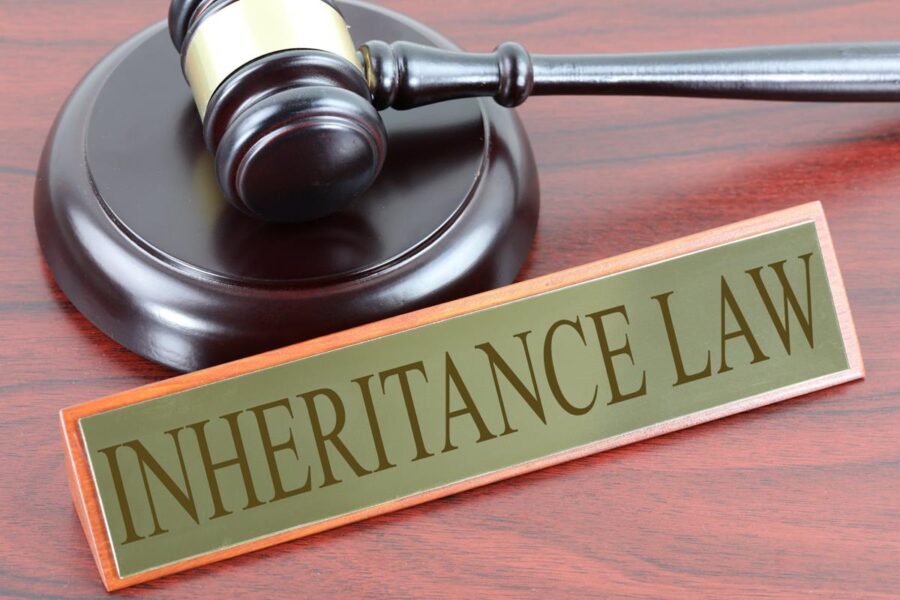Introduction
In India, an unmarried daughter’s right to inherit her mother’s possessions is equal to that of a married daughter. This implies that, along with her brothers and other legitimate heirs, she is entitled to an equal portion of the property. But the provisions of the 1956 Hindu Succession Act govern how the property is divided. If a will is present, the distribution of assets in accordance with it is regarded as final
What is the amendment of married daughters’ rights in the mother’s property?
The Hindu Succession (Amendment) Act, 2005 is the most recent change to married daughters’ rights to their mother’s property in India. It gives daughters the same rights as sons to inherit their parents’ property. This amendment supersedes any contrary customs or personal laws and is applicable to all Sikhs, Jains, Hindus, and Buddhists.
Daughter’s Right in Mother’s Property
Daughters were not granted any property rights prior to the 2005 Amendment. They held no ownership interest in the property; they were just family members. A daughter was considered to be a member of her husband’s family after marriage. However, a daughter now has some exerciseable rights.
According to the 1956 Hindu Succession Act:
- Daughters who are married or single now possess a legal claim to their parents’ assets.
- Daughters can now hold the position of Karta, or manager, on ancestral property.
- Daughters are entitled to the same privileges and duties as their sons.
- Daughters are entitled to coparcening on an equal basis.
Married Daughter’s Right in Mother’s Property
In the event that the mother passes away intestate, a married daughter inherits the same portion of her mother’s estate as her son; this is stated in the 1956 Act. As the married daughter’s mother is legally heir, she can inherit her share of her mother’s assets without any problem. If her mother had passed away intestate, her portion of the ancestral property would have become her mother’s self-acquired property, with her legal heirs having the right to a share.
Daughter in Law’s share in Mother in Law’s Property
A daughter-in-law can become a member of Hindu Undivided Family (HUF), but she is not automatically a coparcener. Through her husband’s portion of the HUF property (given by the husband or received after the husband’s death), the daughter-in-law is able to obtain rights to HUF property. The daughter-in-law is not entitled to any portion of the land that belongs to her in-laws. Due to her mother-in-law’s passing, her children will inherit her property, with the daughter-in-law only gaining rights to her husband’s portion. Therefore, the daughters-in-law are not entitled to their in-laws’ self-acquired property. The Punjab and Haryana High Court held a hearing in Jitendra Kumar v. Varinder Kumar in 2016, and the daughter-in-law lost her right to the self-acquired property of her in-laws. In a similar vein, the Supreme Court ruled in SR Batra v. Taruna Batra that a mother-in-law’s home could not be classified as a shared household. It is not within the daughter-in-law’s rights to claim such property.
Conclusion
The Hindu Succession Act of 1956 grants daughters in India the same inheritance rights as sons. This implies that a daughter shares the same rights as her brothers to inherit the possessions of their parents. It’s crucial to remember that all legitimate heirs, including sons and daughters, must share the property equally. If a will is present, the distribution of assets in accordance with it is regarded as final. If there is a disagreement, the attorney can support you and mediate the issue.
We are a law firm in the name and style of Law Offices of Kr. Vivek Tanwar Advocate and Associates at Gurugram and Rewari. We are providing litigation support services related to law matters in India, please do not hesitate to contact us. We are here to provide you with expert legal counsel and representation tailored to your specific needs and concerns.
Written by: Avichal Singhal Adv.


Автор старается оставаться нейтральным, предоставляя информацию для дальнейшего изучения.